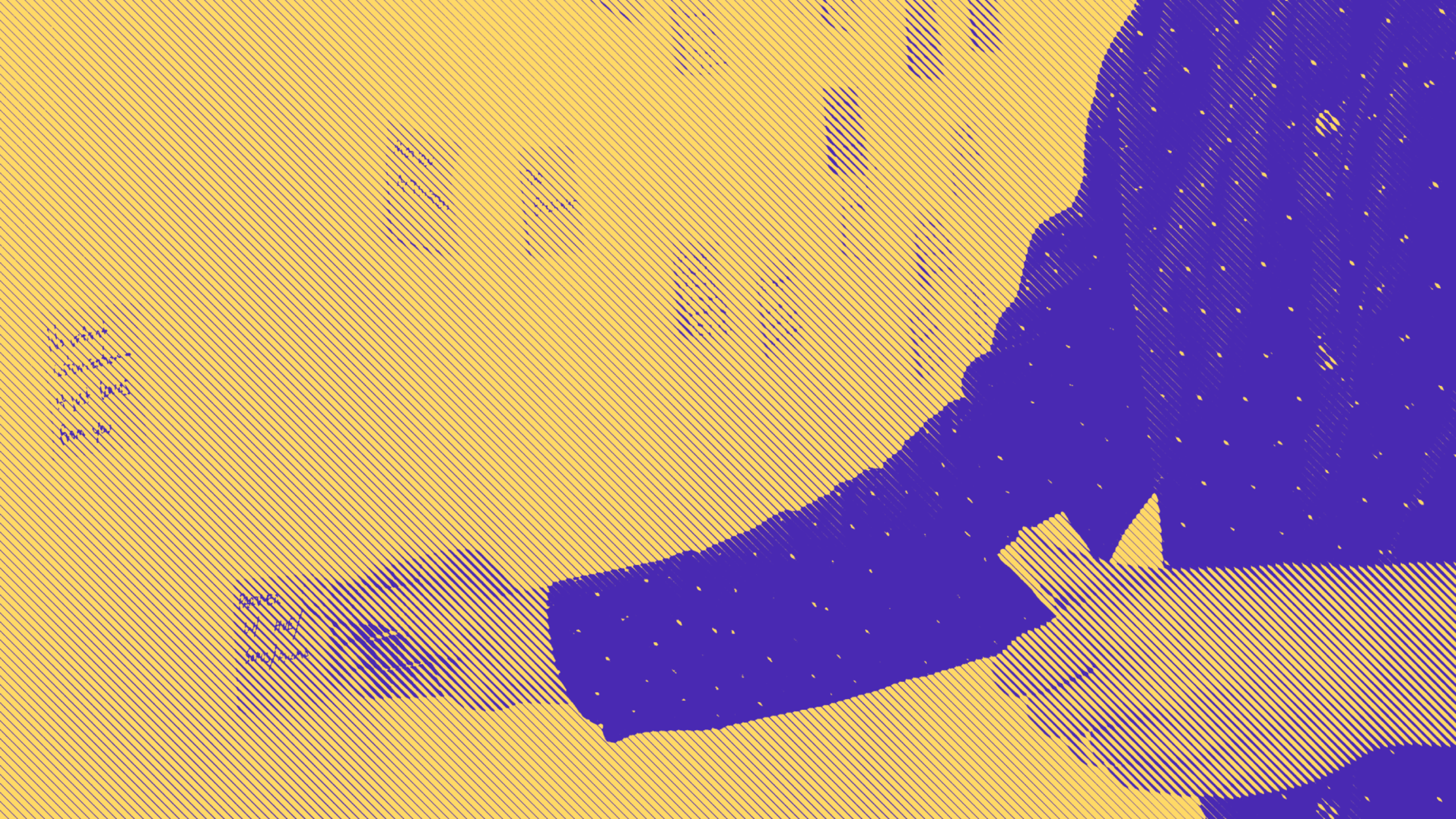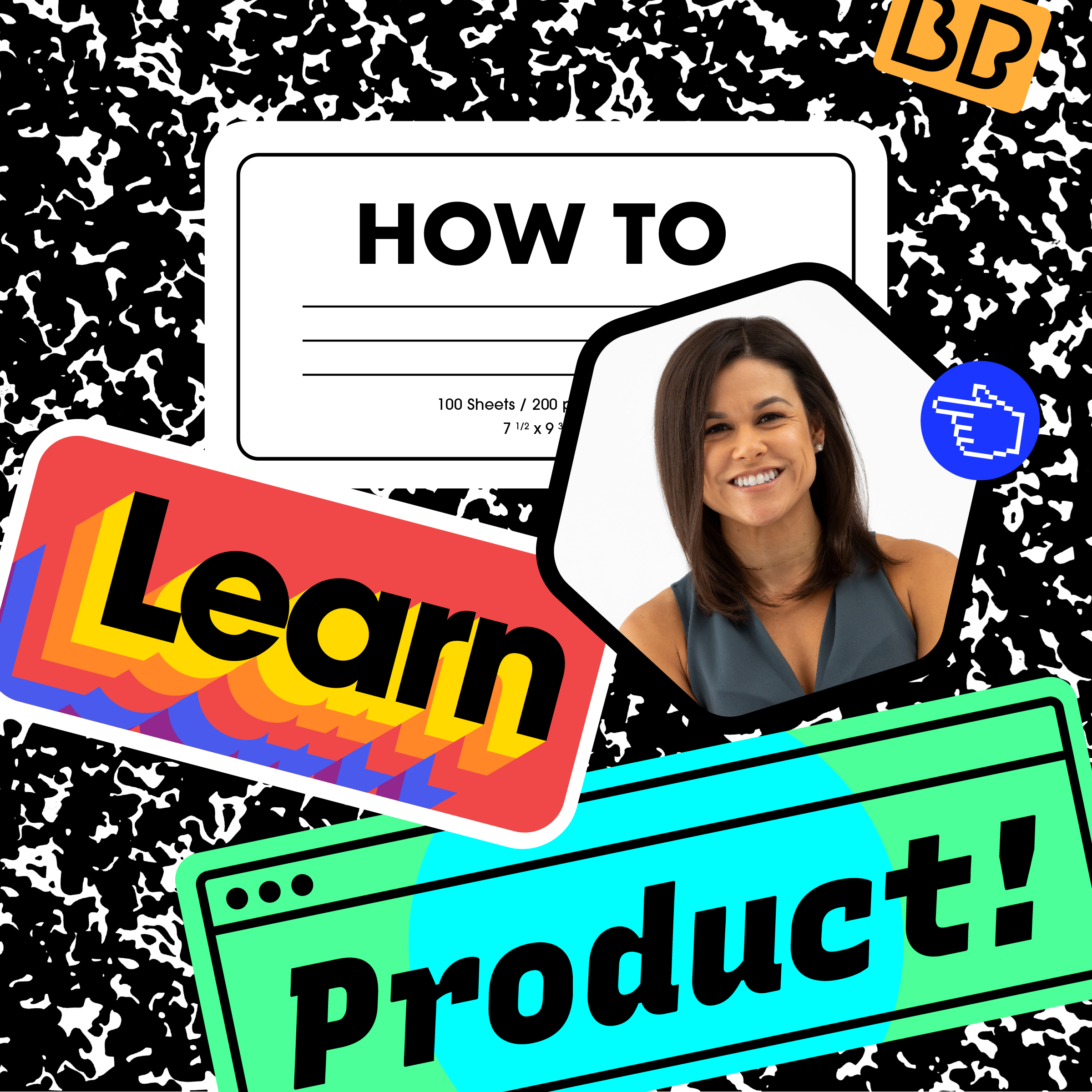How to Define the First Version of Your Digital Product


In week two of our How To Learn Product series, we’re connecting you with Paige Conrad, senior product manager at Honey. Before Honey, Paige got her start in product management at Twitter and then served as Director of Product Management at Acorns. This episode spans a breadth of product knowledge from her experiences.
In our conversation with Paige, she shares her strategy for breaking into a career in product management. Listen as she shares her four most significant tips for getting started.
If you’re looking to connect with other product managers or product professionals in all stages, join the community at betterproduct.community.